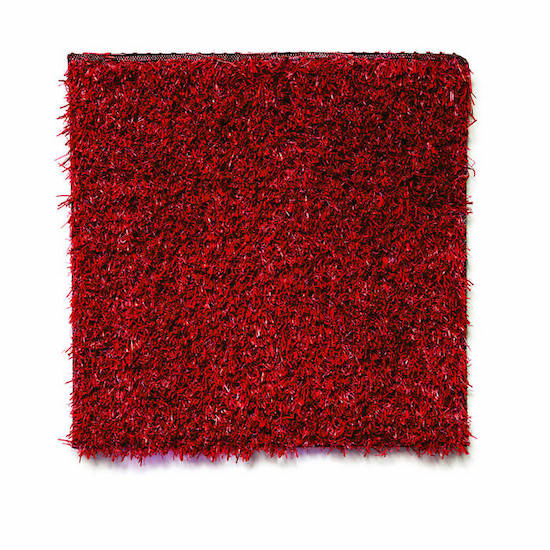In one of those moments, so frequent on this album, which mean nothing and intimate everything, subject-less voices enunciate the two words “the tower” in different languages. ‘La tour’ is the term in Lionel Marchetti’s native French. Coincidentally, no doubt, but perhaps still significantly, ‘Latour’ is also the surname of one of the major proponents of Actor-Network Theory (ANT), a school of socio-technical analysis which treats humans and objects alike as ‘actors’ in a given situation, all possessing the potential to affect other actors within the network linking them. Objects with agency – it’s a notion which feels curiously apt for music like this, where we apprehend voices and sounds, the conscious and the supposedly inanimate interacting on a single centreless plane. Howling whelps, notification sounds. A child’s laughter, the calming roar of amniotic fluid.
On The Tower (The City), this collaborative work from multidisciplinarians Vanessa Rossetto and Lionel Marchetti on the dependably disquieting Erstwhile Records, we are constantly invited to indulge in such wandering associative excursions and to do away with ideas of intentionality or what might be ‘meant’. Things happen, they are not done. There is no grand design, only moments which sometimes assume the cloak of grandeur. A second version of the album is instructively described as “a kind of inverted Tower of Babel…”; where that project, the ultimate symbol of domineering human hubris, collapsed when common language was lost, this one succeeds precisely because of the complete heterogeneity of its constituent parts. The titular tower is a monument not to unitary ambition but to the incidental and the piecemeal – we might think of the indiscriminate urban collage of Los Angeles’ Watts Towers.
Considered musical influences are indistinguishable from passive receptions. Crunchy quivering drones à la Tim Hecker and halting Lucrecia Dalt-esque loops occupy the same space as Coldplay’s ‘Paradise’ overheard from the room over and a ‘Careless Whisper’ singalong. To say this music sounds ‘like’ anything is to miss the point; Rossetto and Marchetti present a stimulating sonic environment to be experienced, not a set of references to be decoded. It would be cryptic were everything not so patent, we might feel dread were it not all so peculiarly refreshing.
That these three pieces, totalling over seventy minutes, should avoid being exhausting in the way much musique concrète can be is a result, I think, of its eschewing the mystifying objectivity sometimes found in the genre. Instead of detecting the shaping hand of the demiurge we find ourselves sharing a sensory outlook through which we can dwell in a network of sounds, not peer at a monolith from without. As Marchetti himself puts it, “composing is not so much deciding but to let ourselves be guided on a path”. Listening, we mark out his and Rossetto’s inquisitive footprints.


